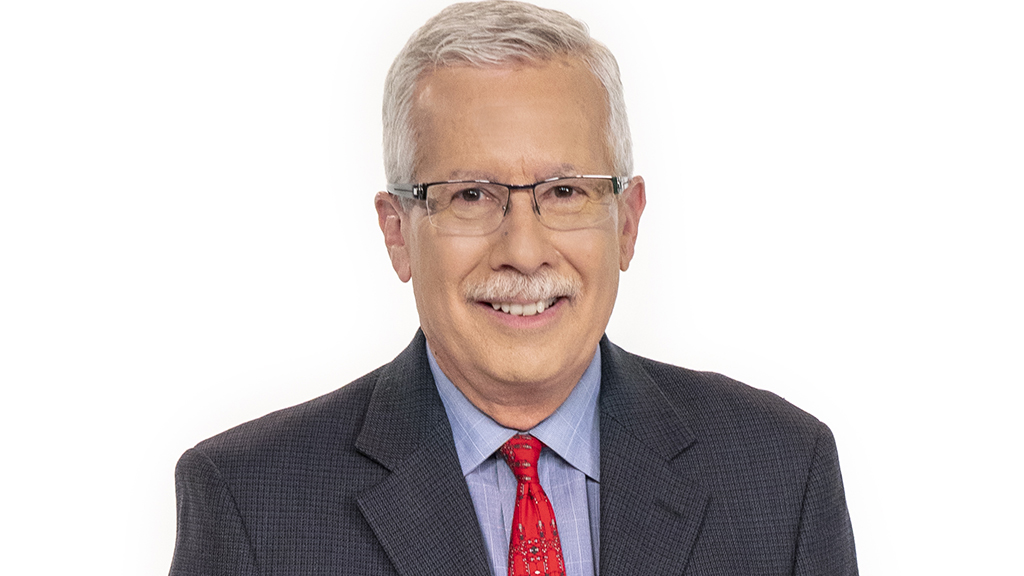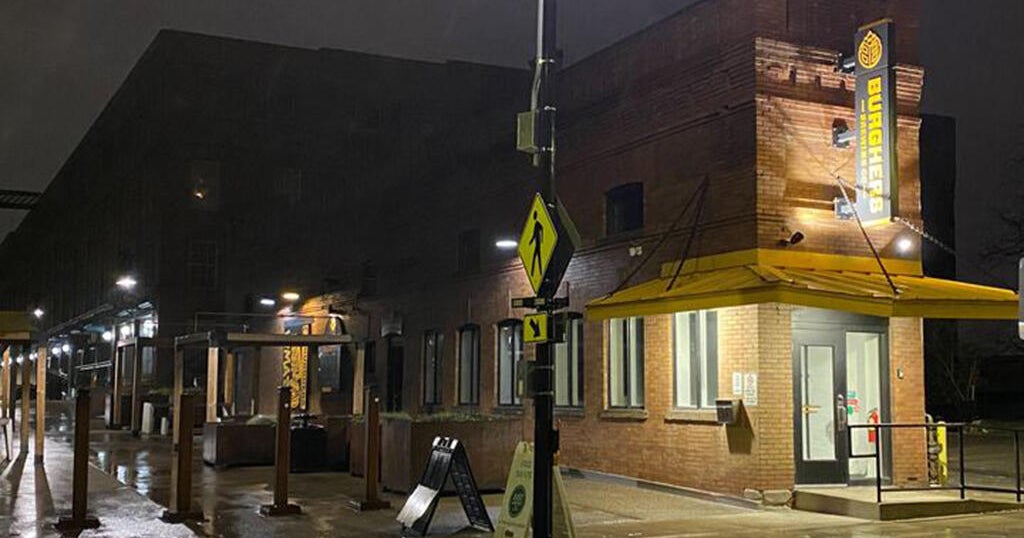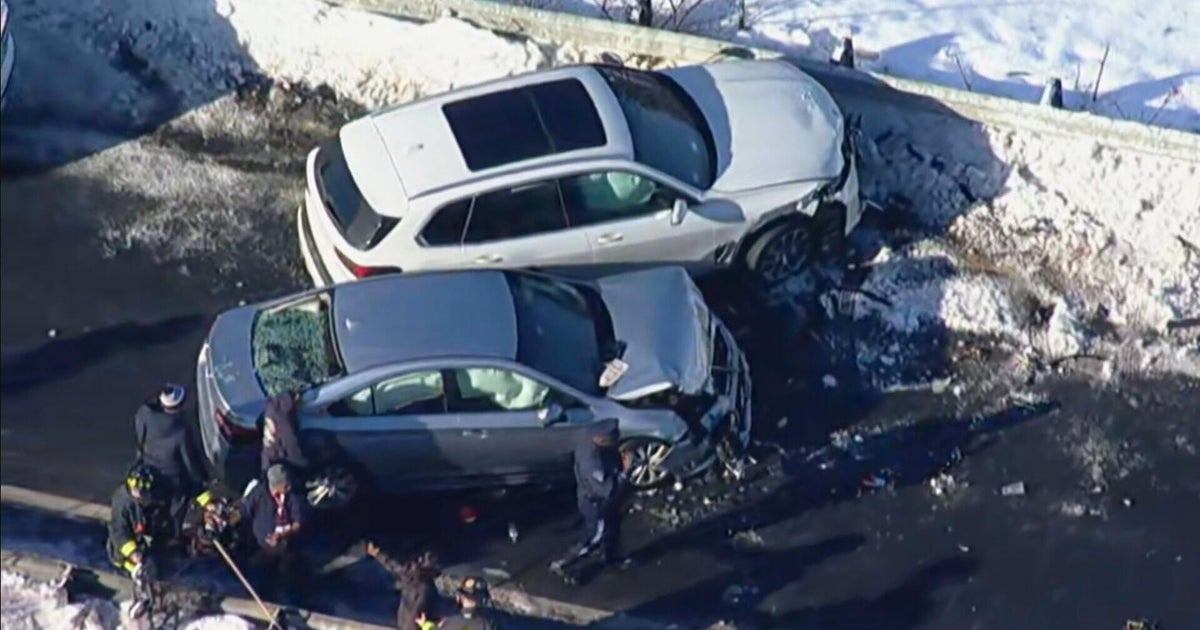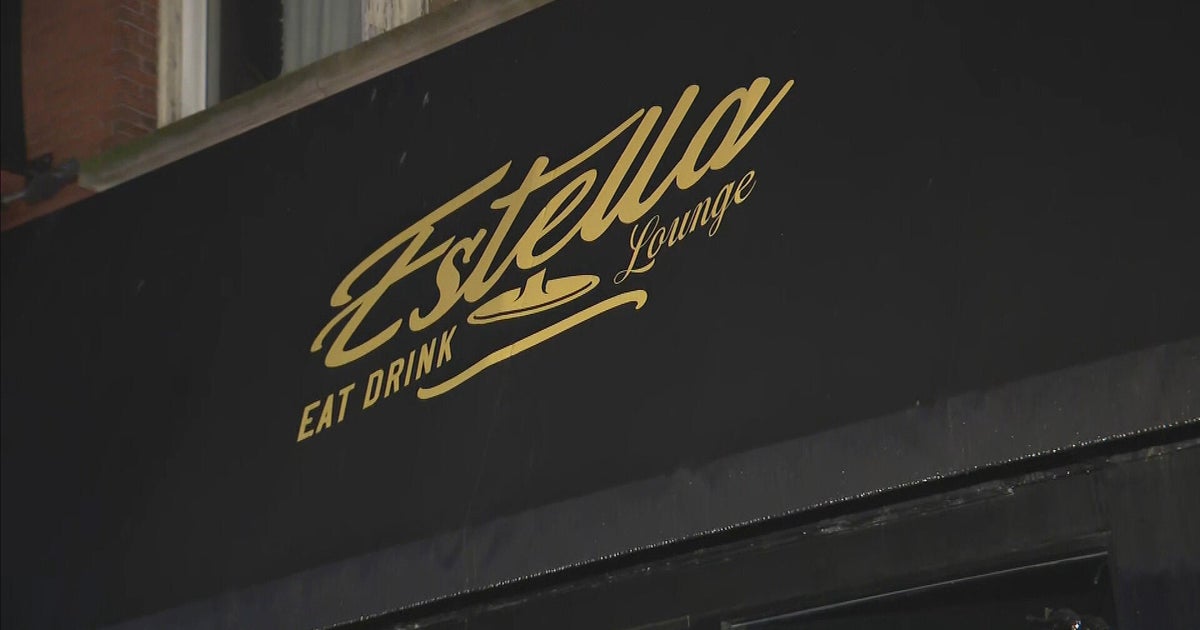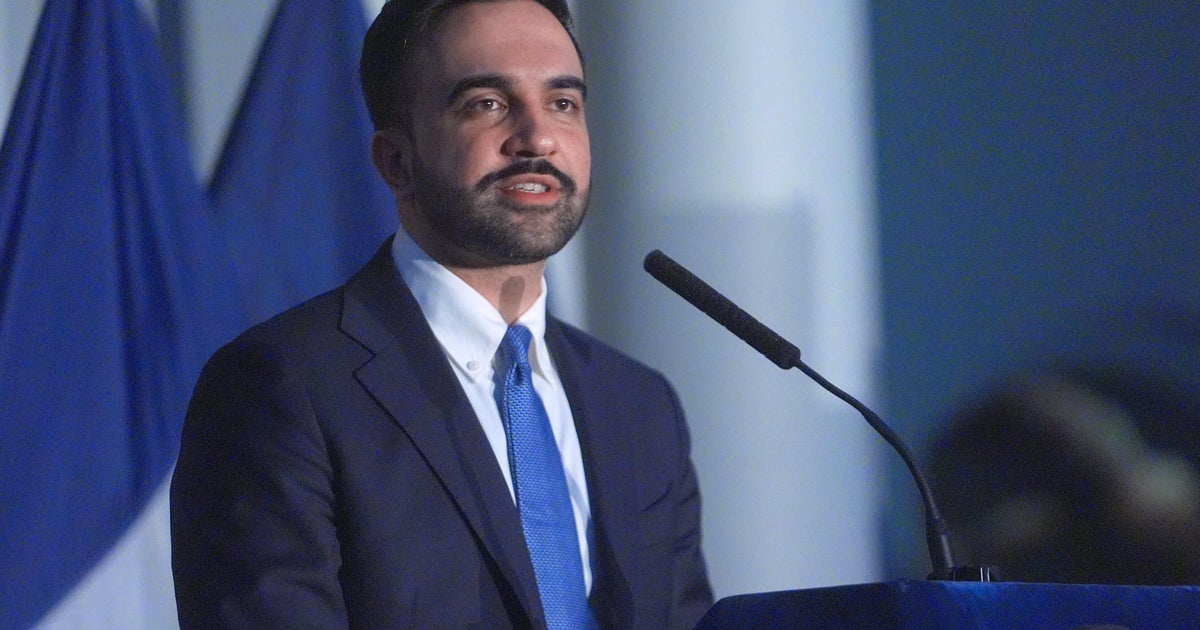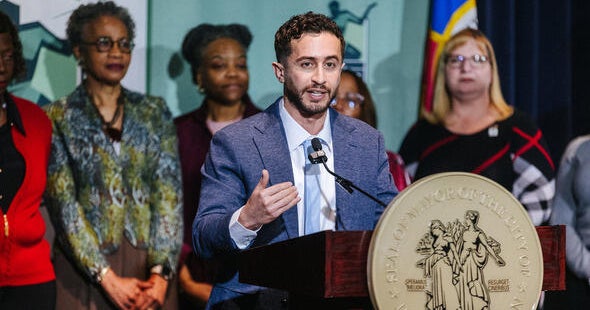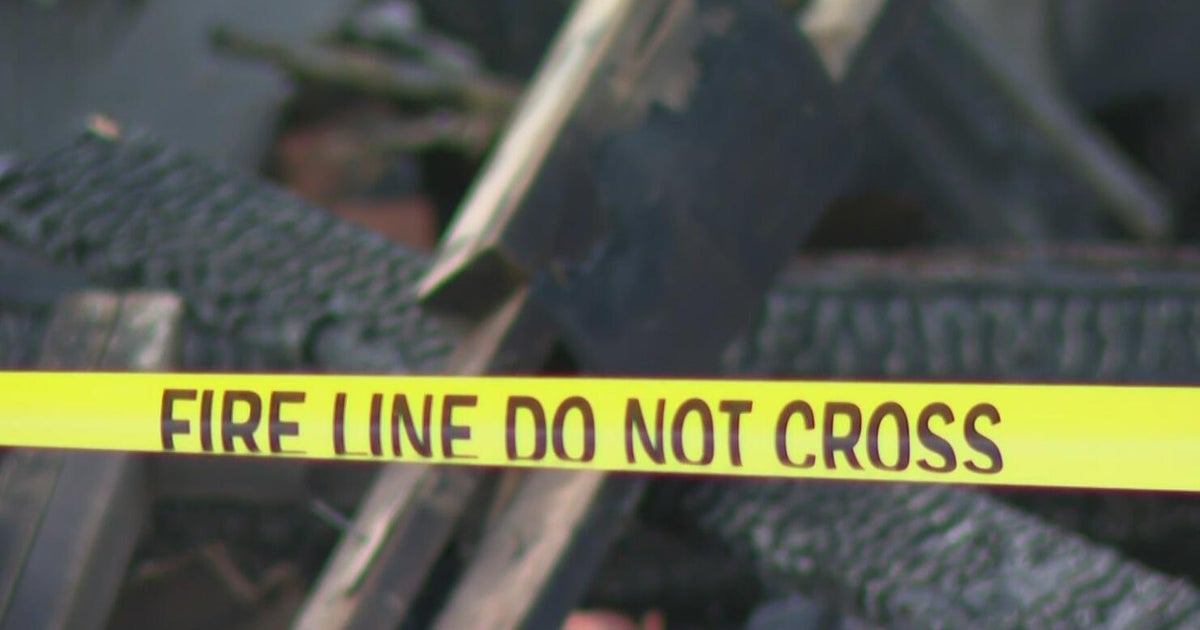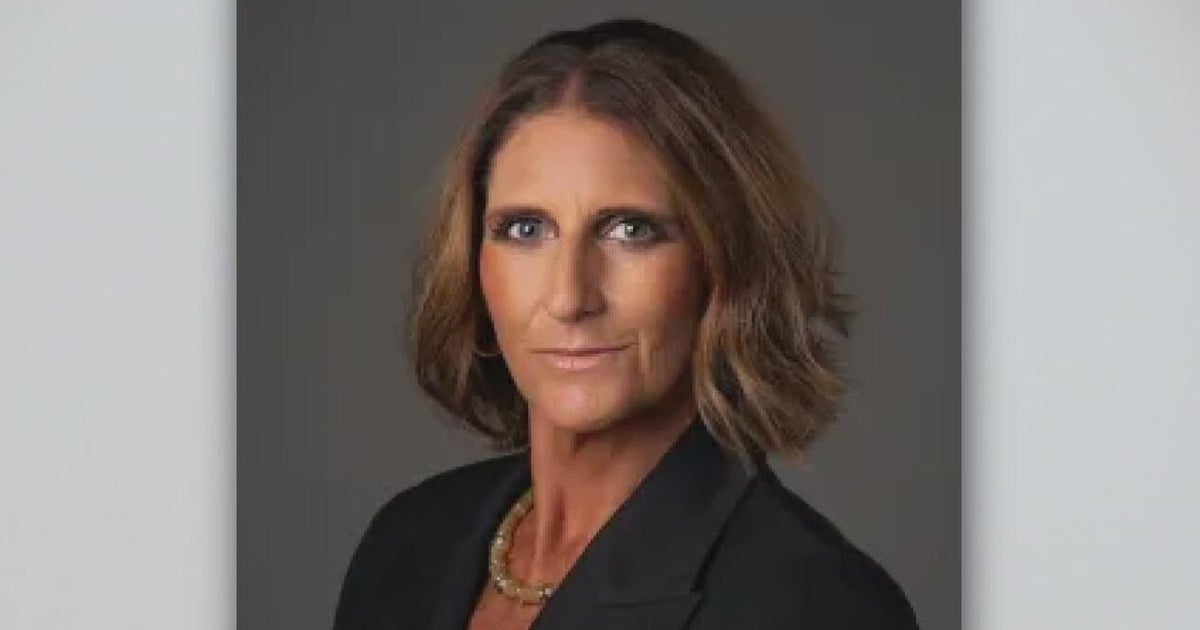Keller: What can Mayor Michelle Wu do about Boston's brewing revenue crisis?
BOSTON – Michelle Wu knows her work is far from done as mayor of Boston.
"I have a lot of work in front of me," Wu said in an interview Sunday morning on "Keller At Large" when we asked about her plans to run for a second term next year. "A lot of it is important long-term work and I hope to keep making progress on that."
Boston's brewing revenue crisis
Wu is also confronting her share of short-term challenges, including a brewing crisis in the city's revenue flow caused by a collapse of Boston's long-lucrative downtown office space market.
Vacancy rates that had hovered close to zero for years are now over 20% thanks to the boom in working from home, spurred by the pandemic but apparently here to stay.
That has, according to recent office-building sales figures, slashed the value of many properties by half or more, and a recent study by the Center for State Policy Analysis at Tufts University on behalf of the non-partisan Boston Policy Institute forecast a revenue shortfall of more than a billion dollars over the next five years as commercial property taxpayers pursue abatements or abandon their holdings.
Why reliance on commercial property taxes leaves Boston vulnerable
While many cities around the country are struggling with the same situation, Boston is especially vulnerable due to its high level of reliance on commercial property taxes over residential revenue.
But in the WBZ-TV interview, Mayor Wu defended her decision to address the problem by seeking permission from the state to temporarily raise commercial tax rates.
"If we do nothing and the commercial values drop, residential property tax rates will go us very significantly," said Wu. "I cannot have that happen."
The mayor downplayed the severity of the situation, saying "we do not believe it will be a full-on crisis," but acknowledged the full impact of the work-from-home dynamic is "yet to be seen in the long run."
Should St. Patrick's Day parade move out of South Boston?
On other issues, Wu said the city is doing what it can to prevent coastal flooding damage, with the state claiming Boston Harbor will rise two-and-a-half feet over sea level over the next half-century. And she dismissed suggestions that the annual St. Patricks Day parade might need to be moved out of South Boston due to resident complaints about rowdiness and vandalism.
There's always something - or multiple somethings - commanding the attention of a big-city mayor, and Boston is no exception. But in our interview Wu sounded like an incumbent who plans on sticking around.
"I still need to have some conversations before shifting on to a campaign or politics," she said.
